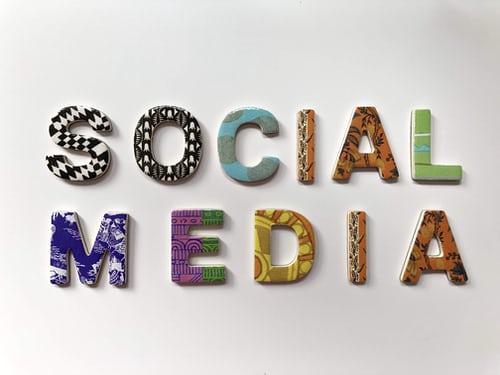
Social media is here to stay especially when you consider that billions of people all over the world use it daily. Not only is it used for personal reasons like staying in touch with relatives and old friends, but billions of dollars are done on platforms like Facebook, Google, Twitter and TikTok.
A mere few minutes of use and anyone can easily understand why it’s so powerful and even addictive. The ability to connect with anybody, anytime, anywhere in the world on social media is something people have dreamed about for centuries – and it’s now here. So love it or hate it, it is safe to conclude social media is here to stay.
Because of this, it’s also easy to understand why some people spend hours each day surfing social media. It offers immediate gratification, instant access to knowledge and information never before imagined. But it also offers the opportunity to become an “influencer,” someone who can demand money from brands in exchange for promotion, as Tom Augenther of The Influence Marketer observes.
But how do you tell when social media is negatively impacting your well-being and your mental outlook? And if it is negatively impacting your well-being, what can you do about it?
Here are three major signs you may have a problem with social media:
- Neglecting real world friends to spend more time on social media. Using social media can become a substitute for interactions with real- live people. This can happen even when you are out with your friends by constantly checking your social media.
2. Comparing yourself negatively to other people on social media. It’s easy to get wrapped up in the seemingly perfect lives of others on platforms like Facebook and Instagram. In many cases people report feeling negatively about their own body image compared to the examples of seeming perfection on places like Instagram.
3. Engaging in reckless behavior to get likes, shares and positive comments on social media. Unfortunately, there are a number of cases where people have risked their lives and died to snap a picture or video.
If you notice any of these symptoms in your own behavior, what steps can you take on your own to counteract it?
Fortunately, there are a number of simple and relatively easy things you can do to regain your well-being.
1: Reduce your time online. A 2018 University of Pennsylvania study concluded that just being more mindful of your social media use can have beneficial results on your mood and focus. A few tips to do this includes:
- Turning off your phone several times a day for 30 minutes or more.
- Don’t bring your phone or tablet to bed with you, ever. Leave it in another room while you sleep.
- Turn off social media notifications. Only check your device at certain times of day.
2: Spend more face-to-face time with your real life friends is how we are programmed to be as people. It’s part of what keeps us healthy and happy. Social media has its uses but can’t supplement this.
3: Do more physical exercise as it strengthens the mind-body connection. Even better, join a group of like-minded individuals that meet on a regular basis.


